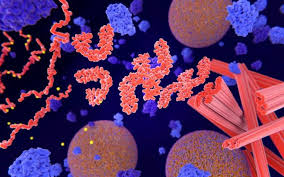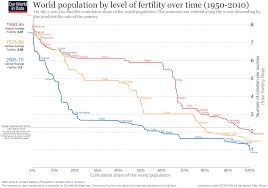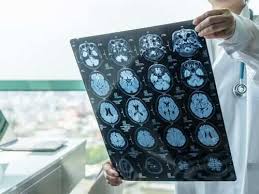Breakthrough Gene Therapy Shows Promise for Treating Alzheimer's Disease

Researchers at Johns Hopkins University have announced promising results from a Phase II clinical trial of a novel gene therapy approach for treating Alzheimer's disease, showing significant cognitive improvement in 68% of participants.
The treatment, called NeuroGene-AD, uses modified viruses to deliver therapeutic genes directly to brain cells, targeting the root causes of neurodegeneration rather than just managing symptoms.
"These results represent a potential paradigm shift in how we approach Alzheimer's treatment," said Dr. Emily Chen, lead researcher on the study. "We're seeing not just a slowing of decline, but actual improvement in memory and cognitive function."
The 18-month trial involved 240 patients with mild to moderate Alzheimer's. Those receiving the gene therapy showed a 45% improvement in cognitive assessment scores compared to the placebo group, with minimal side effects reported.
The treatment works by enhancing the brain's ability to clear toxic protein deposits and promoting the growth of new neural connections. Brain imaging studies showed increased activity in memory-related regions following treatment.
While experts urge caution pending larger studies, the results have generated excitement in the medical community and offer hope for the 6.7 million Americans living with Alzheimer's disease.
League Manager Editorial Team





Leave a Comment